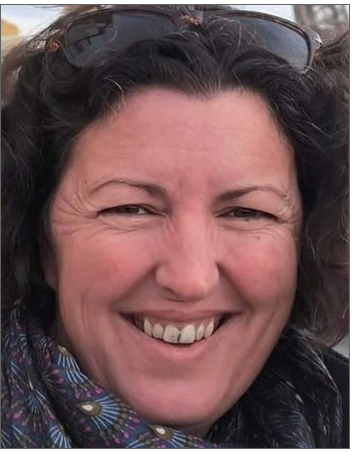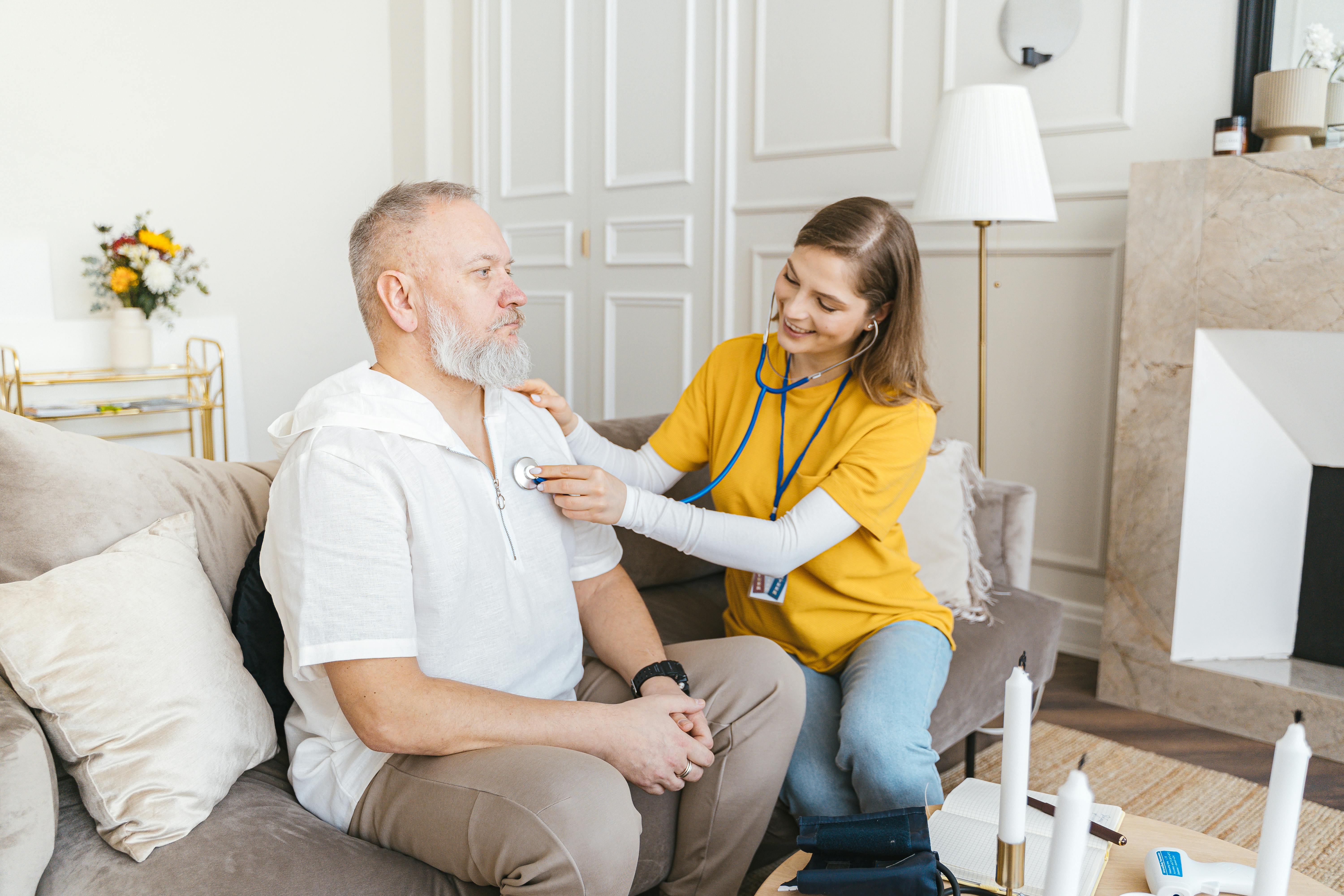The healthcare system in France is multifaceted and can be difficult to understand. In this article, I will explain your options in case you reach a point where you are unable to manage your affairs. Some people have the luxury of relying on family to help them with financial and life decisions and to manage their affairs if they become incapacitated, but not everyone has this option. It is possible to grant power of attorney or legal guardianship to someone else who can help manage your affairs. What are these options, and how do they work?

Tutelle, curatelle, sauvegarde de justice: What are they?
Legal protection measures such as guardianship Tutelle), curatorship (Curatelle), and safeguard of justice are implemented differently based on a person’s ability to conduct everyday actions without jeopardizing their interests. Guardianship has the greatest impact on the protected person’s ability to perform actions alone, while curatorship and safeguard of justice limit their freedom of action to a lesser extent.
An individual’s faculties can be impaired due to illness, disability, accident, dementia, or mental incapacity, rendering them incapable of defending their interests. In such cases, a third party may be appointed to help protect their interests through a legal protection measure ordered by a judge.
The level of legal protection measure is determined by the judge and involves appointing a third party to help protect the person’s interests. Depending on the judge’s decision, the level of protection applied for, and the tasks that need to be accomplished, the third party may be authorized to make decisions and exert control of varying degrees.
Guardianship (Tutelle) is the legal protection measure with the greatest impact on the acts that the protected person can perform alone.
Curatorship (Curatelle) and safeguard of justice limit the protected person’s freedom of action to a lesser extent.
Three main categories
There are three types of legal protection measures available for individuals who require assistance in managing their property and assets. These measures vary depending on the level of support required by the person and aim to help them remain independent while ensuring their well-being.
The first measure is the Safeguard of Justice. This measure is the least restrictive and allows the person to retain their capacity to perform all actions. However, certain important tasks such as selling a property or taking out a large loan can be entrusted to a proxy. This measure aims to preserve the person’s independence in their daily life choices.
The second measure is Curatelle, which is more flexible than Tutelle. This measure is for individuals who need advice or support in certain areas of their life. They can continue to manage their property and carry out everyday actions but require assistance when buying or selling property. The judge can issue a maximum length of protection for up to 5 years, which can be renewed. Curatelle doesn’t allow for decision-making on behalf of the person concerned but assumes a more advisory role.
The third measure is Tutelle, which is for individuals who cannot manage their property and assets independently. They are systematically assisted by a guardian for all actions, including administration and disposal of property. This measure involves a transfer of rights that may reduce the value of the assets but ensures that the person is adequately supported. The duration of this protection measure is either 5 or 10+ years, depending on the potential for the person to improve.
Overall, these legal protection measures aim to ensure that individuals receive the necessary support and assistance to manage their property and assets while preserving their independence as much as possible.

How is an application for protection made?
To request a protective measure, you must refer the matter to the guardianship judge. This application can be made by the person themselves, family members, a close friend or relative, or a professional such as a psychologist or social worker, or even the public prosecutor. The application to be submitted to the judge must include a completed cerfa 15891 application form, a medical certificate issued by a doctor, and various personal information such as a birth certificate, proof of residency, etc. The application must then be sent or lodged with the clerk of the guardianship judge’s office at the court or local court responsible for the area of residence of the adult to be protected. Remember, you and your loved ones have the right to feel safe and secure. Don’t hesitate to reach out and take the first step towards a better future.
What are the financial implications?
Medical Certificate: The cost of the medical certificate is €192 (€160 excluding tax) and is the financial responsibility of the person seeking protection. This certificate is mandatory in cases of Alzheimer’s and certain other medical conditions, and may exempt the person from being interviewed by the Judge.
Medical Opinion: If a medical certificate is not required, the cost of the medical opinion is €25. Legal Proceedings:
Legal proceedings are free of charge and the judge’s decision is final.
Exemption from Cost: If the person appointed for protection is closely related to the protected person, the measure may be exercised at no cost. This applies if the appointment is entrusted to a person with whom the minor or protected adult lives as a couple, a family member (e.g. father, mother, brother), or a close relative or friend. Indemnity: In certain circumstances, the Protection Litigation Judge or the Family Council may authorize the payment of an indemnity to the person responsible for protection. The allowance is contingent upon the importance of the assets being managed (e.g., significant assets) or the complexity of implementing the measure, and is determined by the judge or family council. The indemnity is paid by the person who is being protected.
Third party representation
When an independent legal representative is appointed for a protected person, the latter is required to contribute to the funding of the representative based on their income. This contribution is made on a monthly basis and the amount varies according to the income of the protected person, as determined by their revenue in the previous year. The contribution is deducted in the same way as income tax.
For instance, if the protected person’s annual income is up to 20,814.72 euros, 10% of this amount is used to finance the third party up to a maximum of 920.24 euros per month. If the annual income is between 20,814.73 and 52,036.80 euros, 23% is used to finance the third party up to a maximum of 8,101.32 euros per month.
In some cases, the judge may grant the judicial representative additional compensation after consulting the public prosecutor. This allowance is granted to carry out an act or a series of acts requiring particularly long or complex work, such as the settlement of an estate, follow-up of legal or administrative proceedings, sale of a property, or management of family disputes. The representative must submit a request for compensation, along with the necessary supporting documents, to the protection litigation judge, or to the family council if one has been formed. The exceptional nature of the workload and the inadequacy of the sums received must be justified. The protected adult is responsible for paying any travel and accommodation expenses incurred during this additional work. The Prefect may temporarily reduce or cancel the whole of the protected person’s contribution in certain situations. These include particular difficulties related to the existence of debts contracted by the protected person before the guardianship or trusteeship was applied, or the need to meet imperative expenses.
I’m here to help!
I hope this article has served you well by providing an overview of the requirements and procedures available. I understand that navigating such processes can be a daunting task, and that’s why I’m here to help. If you have gone through similar experiences in France, I would love to know your story and share it with our readers. Do not hesitate to contact me if you require any assistance or more information. I’m always here to help in any way I can.






